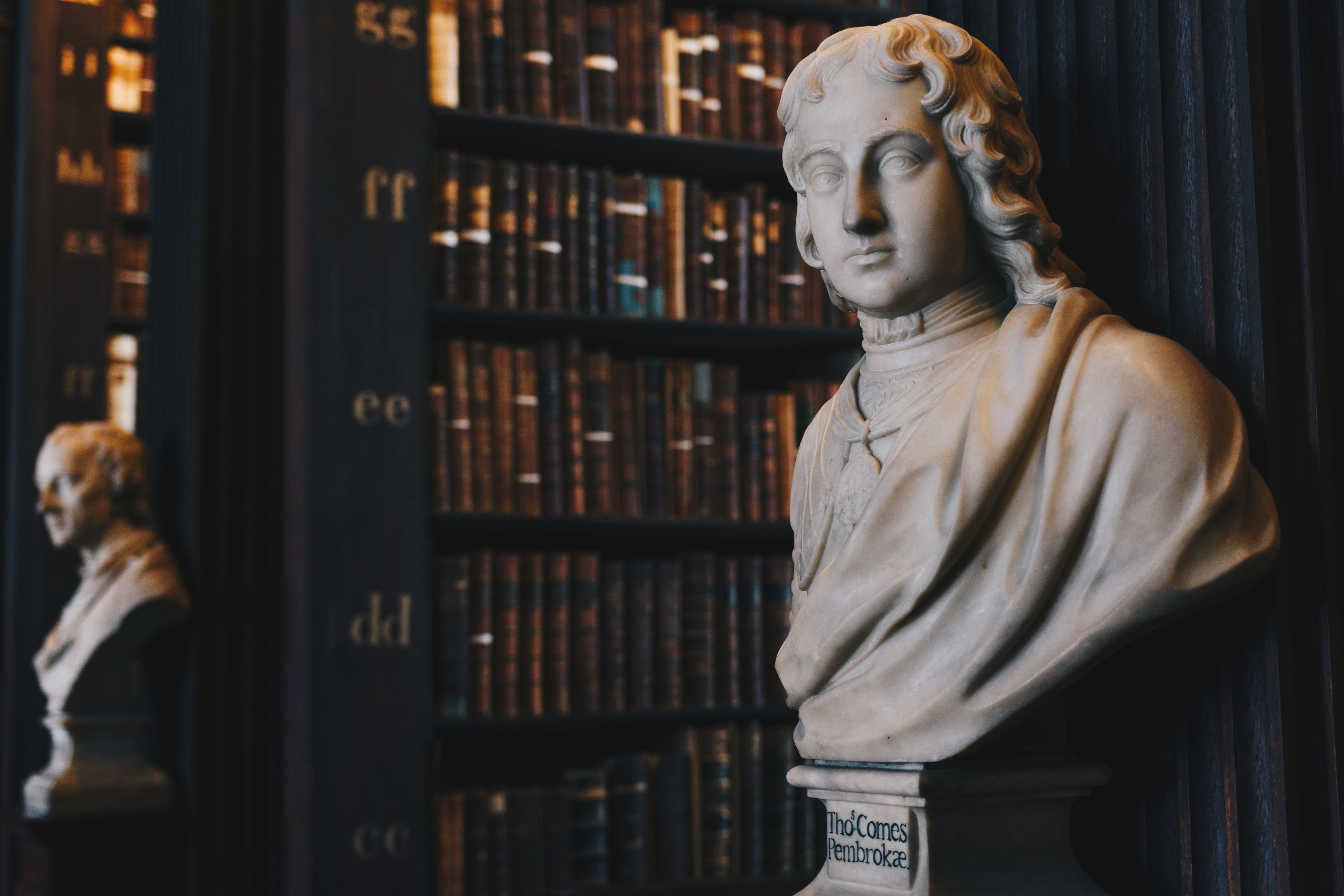'Life-Changing' Public Law

The first year of a UK Law Degree course is often described as ‘life-changing’. Many interesting “surprises” await those who take that bold first step into reading law. One such surprise comes in the form of Public Law. Public Law is a core subject in the first year of the UK Law Degree programme. It is mandatory not only to read Public Law but to obtain a ‘Pass’ for this subject.
Public Law involves the study of a country's constitutional and administrative laws. In the UK Law Degree context, this entails the study of British constitutional and administrative laws. Terms such as “constitutional” and “administrative” often cloud the mind of the first-year law student, causing an instant disconnect with the subject. Lacking any prior experience or encounters with constitutional and administrative matters, one can quickly and easily descend into disinterest. This read hopes to show that Public Law is not a collection of remote or “alien” concepts of law. Contrarily, it is possibly the most real, relatable and life-changing first-year law subject.

To read constitutional and administrative law is to ponder on and understand the fundamental laws and principles on which a country is established and governed. This is rarely done by the average person in their regular day-to-day lives.
Public Law extends the invitation and opportunity to do so.
Constitutional and administrative laws of a country are usually codified and contained in a single constitutional document. Thus, for instance, to get to know Malaysian constitutional and administrative law, one would study the Federal Constitution of Malaysia, or the ‘Perlembagaan Persekutuan Malaysia’. The Constitution of a country embodies its supreme laws and reflects its identity as a nation. It is also the ultimate legal authority and point of reference. It shapes and dictates the tone of all other laws passed in the country. The Constitution is both the source and regulator of powers held by the State, while also stipulating the fundamental rights, freedoms and civil liberties of citizens. Such is the importance of a constitution that it is bewildering to live as citizens unaware or uninterested in constitutional law.

In the case of the UK, given its long history of monarchical rule, colonization, union between England, Wales, Northern Ireland and Scotland, and its recently terminated membership with the European Union, one would picture an extravagant document of constitution. What may come to mind is the image of a sizeable ancient document with miles of constitutional articles. This should spike the interest of the first-year UK Law Degree student immediately.
Yet, as one will soon discover, no such single constitutional document exists in the UK. Instead, most of the UK’s constitutional laws and materials have been established in the form of statutes, also known as ‘Acts of Parliament’. The UK also adheres to the constitutional doctrines of ‘Rule of Law’ and ‘Parliamentary Supremacy.’
A.V. Dicey, British jurist, constitutional theorist and author of the ‘Introduction to the Study of the Law of Constitution’ (1885), described these as the “twin pillars” on which the British Constitution rests. By these concepts, the British constitution professes supremacy of law and reflects that by holding its law-making institution sovereign. This is also to uphold the notion of democratic rule, since the Parliament is democratically elected in the UK. Judicial decisions referred to as ‘common law’ in the UK, also contribute to its collection of constitutional laws and principles. Customary constitutional norms and political practices, such as the process by which the Prime Minister of a country is appointed to office, also forms part of the uncodified and abstract British Constitution.
But perhaps, most controversially and yet unsurprisingly, the royal powers of the King, most of which have now been passed on to the Prime Minister, are a formidable component of the British Constitution.

One example of these royal powers is the power to claim foreign territories. This is a prerogative of the British monarch from time immemorial, and is presently exercised by the government on behalf of the King.
The Cuban Missile Crisis of 1962 led the British government to allow the United States of America to occupy Diego Garcia, one of the British Indian Ocean Territories held by the UK government through its royal prerogative. The nearby Chagos Islands, also part of the British Indian Ocean Territories was affected. The arrangement between the UK and the USA meant that the native inhabitants of the Chagos Islands too, had to be removed from their native land. Years later, the Home Secretary lifted the prohibition against resettlement on the Chagos Islands. However, having learnt that resettlement of former inhabitants on the Islands would be too costly for the British government and potentially precarious, the British government used its royal prerogative over territories, to issue a ‘Prerogative Order’ in 2004, to banish former inhabitants from the Chagos Islands once and for all, and prohibit them from ever occupying their home island again.
This led to one Mr. Bancoult, former native inhabitant of Chagos Islands, filing a court action against the British government, challenging the exercise of this prerogative power. The challenge was dismissed by a 3-2 majority, by the then highest Court of England, the House of Lords. The court held that the banishing order made pursuant to royal prerogative powers, was not an abuse of governmental power. Lord Bingham affirmed the strength and validity of these powers notwithstanding their impact on the former inhabitants of Chagos Islands. They are after all, “the residue of discretionary or arbitrary authority, which at any given time is legally left in the hands of the Crown”, per Dicey.

This decision of R (on application of Bancoult) v Secretary of State for Foreign and Commonwealth Affairs (No. 2) [2008] UKHL 61 was criticized by Mark Elliot as being “pyrrhic public law”. Elliot observed that the courts have an undeniable power and jurisdiction to determine the lawfulness of the exercise of prerogative powers and there was “nothing groundbreaking” about Bancoult’s argument that the prerogative to claim territories did not permit the banishing of entire populations from their native land. Elliot concluded that the majority in Bancoult “interprets English public law as offering a dismally modest check on the Executive's extra-territorial exercise of prerogative power” and that “one more such victory could utterly undo British courts' maintenance of the rule of law in colonial affairs.”

As the Bancoult (No. 2) case judgment demonstrates, Public Law plays a very real and important role not just in the life of a first-year law student, but society as a whole.
Reading Public Law awakens, alerts and forces a paradigm shift. It necessitates the kind of awareness and attention that may have seemed irrelevant or inapplicable before. The UK Public Law subject depicts how the features and components of the British Constitution and various constitutional events come together to form a fascinating congruous storyline about the constitution itself. It is a journey of getting to know the unique British Constitution, becoming affected by it and understanding how despite its complex nature, it serves and does not at the same time.
British Public Law is never without its shocking twists and turns and its fair share of paradoxes and wonder. As the many unexpected truths about the British Constitution unfold, the subject comes to life and prompts deep reflection on real-life concerns such as the power of government over citizens, civil liberties and the importance of an independent judiciary.
Soon enough, Public Law will cease to become a hugely theoretical and fictional experience but one that is very present, real and tangible. There is plenty of room for progress in maturity of thought, realization and unforgettable life-changing moments.

Related Topics:
Law